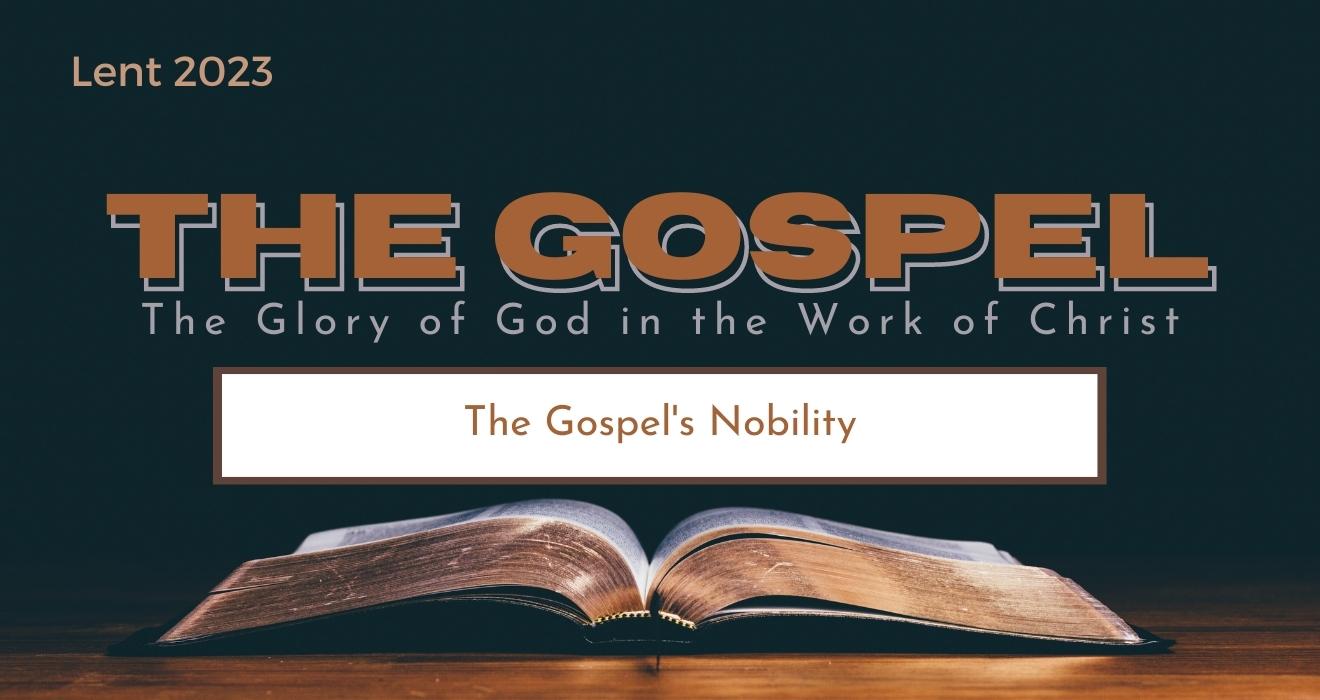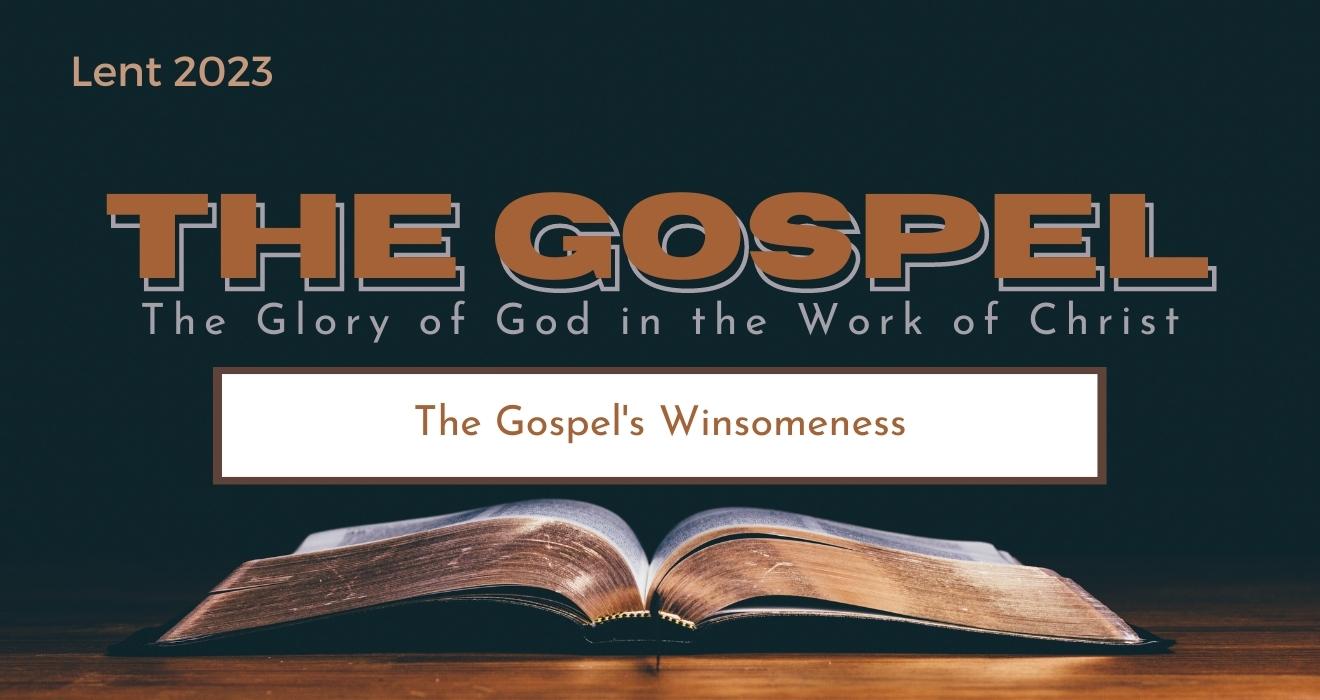The Purpose of Questions
As a Christian, I think it is important to ask questions about our faith. There are several kinds of questions. “Kinds” in the sense of intent.
There are questions that are searching for answers. There are questions designed to provide clarity. There are questions that undermine a person’s belief. There are questions that challenge us to think in new ways.
Questions in themselves are not bad. However, when questions are weaponized to destroy a person’s confidence in who they are or what they believe these can be considered harmful. We should not engage in these kinds of questions. The best questions are the ones that help us better understand the world around us. And even ourselves.
We can be concerned that someone’s beliefs may cause harm to them. But, it would be better to try and convince them of this and help them find another way. When questions are used as a cudgel against others it actually causes them to hold onto their position more strongly.
When people’s belief systems are challenged, the thought of having to admit their errors can be quite dissonant. So much so, most people would rather continue believing they are wrong.
Understanding the Gospel’s Power
I bring this short discussion about questions up because there is a question we have to face as people who believe the Gospel. Namely: what is the Gospel’s power to affect my life today?
For most people, whether said or not, this is one of the great obstacles to faith in Jesus.
How is it that an event that occurred two thousand years ago, by a God no one has ever seen, is supposed to affect my life now? This is both an honest and fair question. It is also a question we should not be afraid of as believers.
The question of the Gospel’s power contains several layers of assumptions that must be overcome and whose conclusions must then be believed.
The question of the Gospel’s power is grounded in one important reality: we cannot save ourselves. It does not matter how hard we try, we cannot escape the confines of this world. We cannot cast off the constraints of time. We cannot alter the reality of our mortality. These constants function like gravity. They keep us grounded. We cannot take off flying just because we don’t like having to walk.
So, from a theological perspective, what are we saying when we say that the Gospel has the power to save us today?
Let me start with what I am NOT saying. I am not saying that salvation is just intellectual assent. I am not saying that recitation of the Gospel is sufficient for redemption.
I am saying that whatever is behind the message is what has power. The message tells me where to look. It points me in the right direction. It helps me to identify that I am looking in the right direction.
God is the Guarantor of the Gospel
The power of the Gospel is that God himself, in the person of Jesus of Nazareth, guarantees what the Gospel promises. Not in some arbitrary way. Not in a way that can be negotiated either.
It is a guarantee because when we have accepted the provisions of the salvation the Gospel points to, then we can know we are saved. Not because we want it to be true, but because God says it is.
In the Gospel, we are told that no mere man could do what God required for salvation. So, in order to accomplish his purposes, God entered into the human experience and stood as a representative for all who shared that same nature.
Only God could do what needed to be done. Anything or anyone else would have been a complete failure. As it already was. The book of Hebrews highlights how the sacrificial system of the nation of Israel failed. The deficiency was that the blood of bulls and goats could not satisfy what God required.
1 The law is only a shadow of the good things that are coming—not the realities themselves. For this reason it can never, by the same sacrifices repeated endlessly year after year, make perfect those who draw near to worship. 2 Otherwise, would they not have stopped being offered? For the worshipers would have been cleansed once for all, and would no longer have felt guilty for their sins. 3 But those sacrifices are an annual reminder of sins.
4 It is impossible for the blood of bulls and goats to take away sins.
5 Therefore, when Christ came into the world, he said: “Sacrifice and offering you did not desire, but a body you prepared for me; 6 with burnt offerings and sin offerings you were not pleased.
7 Then I said, ‘Here I am—it is written about me in the scroll—I have come to do your will, my God.’”
8 First he said, “Sacrifices and offerings, burnt offerings and sin offerings you did not desire, nor were you pleased with them”—though they were offered in accordance with the law.9 Then he said, “Here I am, I have come to do your will.” He sets aside the first to establish the second.10 And by that will, we have been made holy through the sacrifice of the body of Jesus Christ once for all.
Hebrews 10:1-10 NKJV
The blood of bulls and goats was just a reminder of what was required. But only God could do it. And because only God could do it, he did it in Jesus’s life and ministry.
God is the judge and the judged
How did God accomplish this great work of salvation? God did it by becoming the judge and the judged.
21 But now the righteousness of God apart from the law is revealed, being witnessed by the Law and the Prophets, 22 even the righteousness of God, through faith in Jesus Christ, to all and on all who believe. For there is no difference; 23 for all have sinned and fall short of the glory of God, 24 being justified freely by His grace through the redemption that is in Christ Jesus, 25 whom God set forth as a propitiation by His blood, through faith, to demonstrate His righteousness, because in His forbearance God had passed over the sins that were previously committed, 26 to demonstrate at the present time His righteousness, that He might be just and the justifier of the one who has faith in Jesus.
Romans 3:21-26 NKJV
The principal reason the Gospel has power is that God is at work both in suffering for sin and redeeming from it. Because his power is on display on both sides of the problem, we who hear and receive the message can have confidence. We have confidence, not in our ability to stay saved. We are confident in God’s ability to never fail to do what he has said he would and did do.










Add Comment